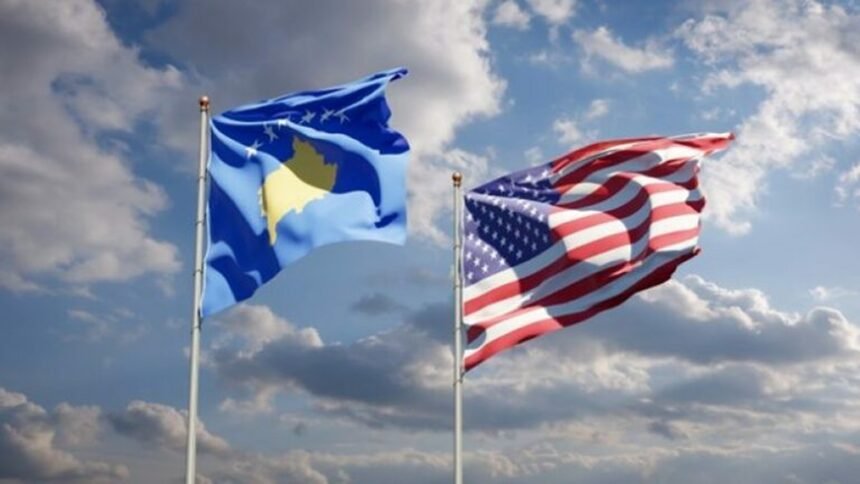Kosovo has gained much from the United States: support, aid, recognition. In 1999, when the violence of the Serbian regime threatened its very existence, NATO, led by the U.S., intervened. Today, that support remains, but tensions are evident. Decisions perceived as unilateral, criticism, and punitive measures are shaking Kosovo’s most important international relationship. Can Kosovo move forward without the U.S., or is it playing with its own fate?
Kosovo built its statehood on the decisive support of the United States.
In 1999, NATO’s intervention under U.S. leadership ended the Serbian regime’s violence and opened the path to freedom and independence.
The U.S. was the key country that recognized Kosovo and supported its journey toward democracy and Euro-Atlantic integration, investing billions of dollars in reforms and development.
Today, however, relations between the two countries face a serious challenge. Decisions perceived as unilateral by Washington, the suspension of the strategic dialogue, and punitive measures have created significant tension.
Kosovo’s interim government considers its actions lawful, while former ambassadors and analysts warn that damaging the relationship with the U.S. would be self-destructive.
For more than two decades, the presence of American troops in Kosovo and their political support has been the greatest guarantee of security. Experts warn that cooling this alliance could create a dangerous vacuum, which actors like Russia could exploit.
A recent survey shows that 77% of Kosovo citizens see the U.S. as the most important ally. Still, part of society calls for changes in political leadership and improvements in economic conditions.
The question on the table is clear: can Kosovo move forward without the U.S., or is any step away from this strategic partner a major risk for its future?





